
AI is better at diagnosis than a doctor
Study shows artificial intelligence made more optimal recommendations and fewer harmful decisions than did physicians.

Study shows artificial intelligence made more optimal recommendations and fewer harmful decisions than did physicians.
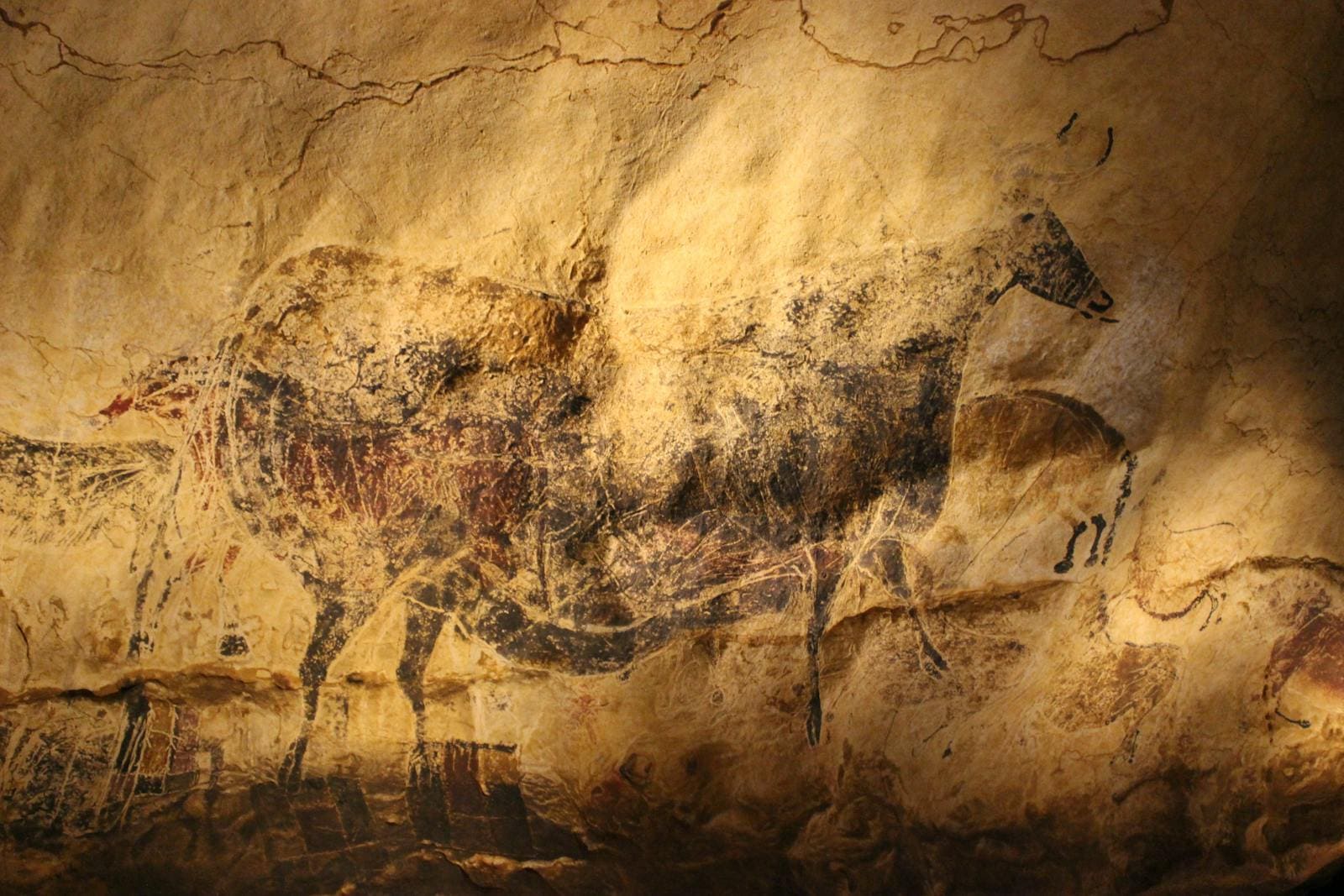
Study shows prehistoric children may have participated in cave art because they were considered mediators between the physical and spiritual realms.
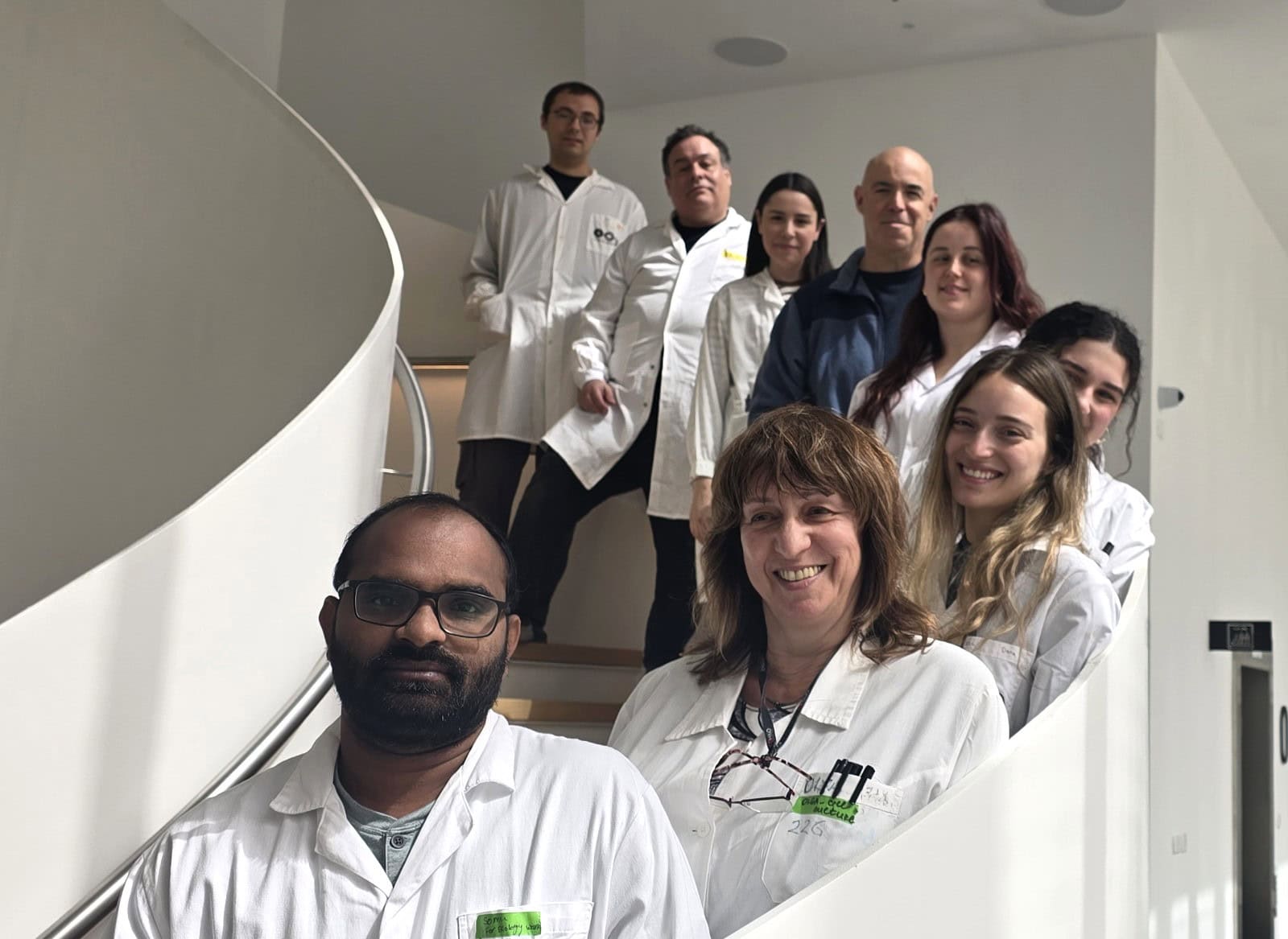
CRISPR technique can target single genes essential for cancer cell survival, toppling the whole structure, says nanomedicine researcher.

Excavations at ancient burial site Tinshemet Cave have led researchers to believe that Neanderthals and Homo Sapiens influenced each other far more than we thought.
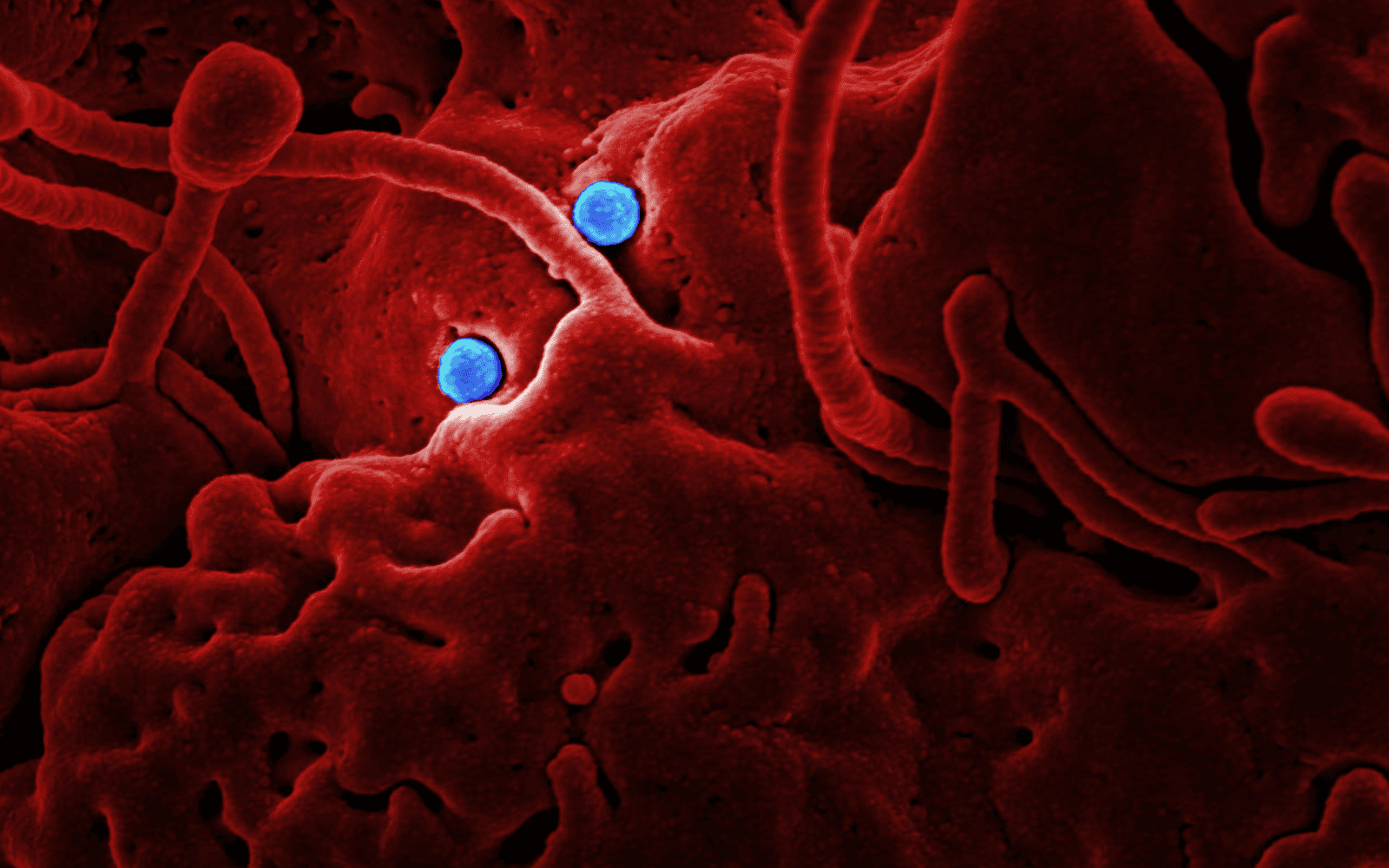
By adjusting the fat levels in mRNA-based drugs, researchers have found a way to bypass the liver and go straight to the intestine.
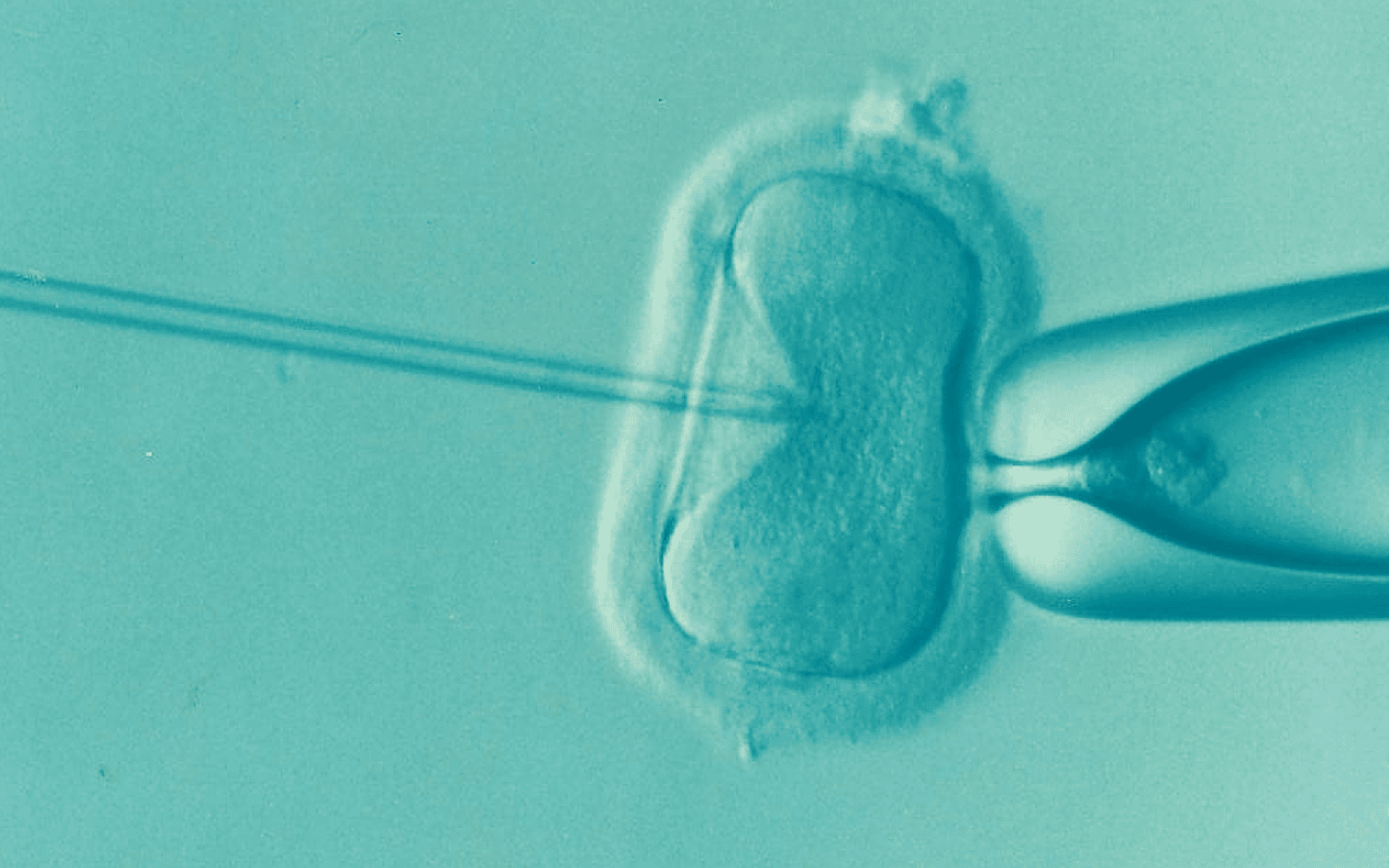
The new method accurately identifying high-quality sperm cells without using potentially harmful chemical dyes.

Researchers find OpenAI’s popular GenAI platform makes assumptions about gender based on profession and gives risk-averse financial advice to women.
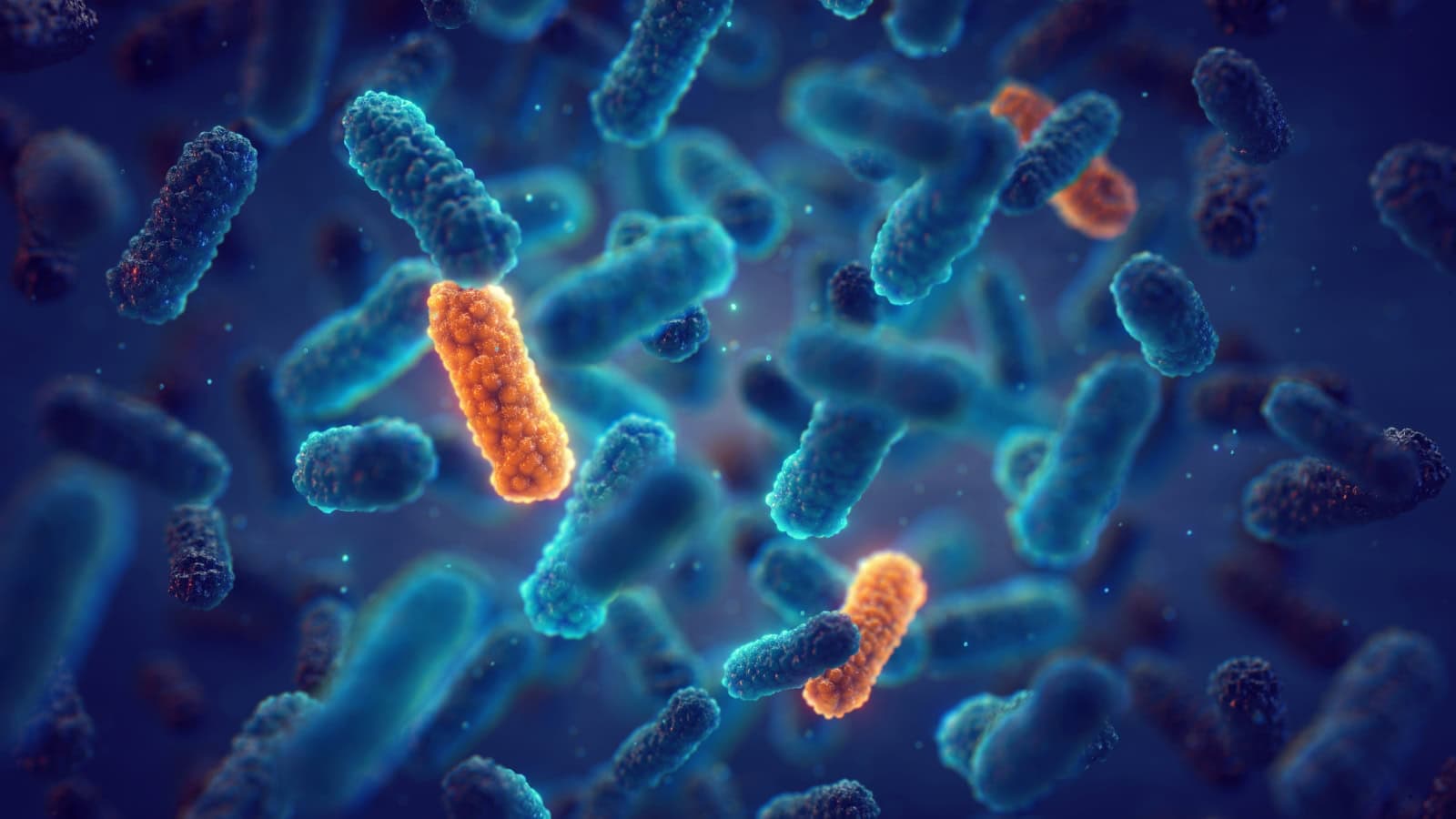
Recent TAU study demonstrates how a crucial but underexplored process of DNA transfer between bacteria affects its defense mechanisms.
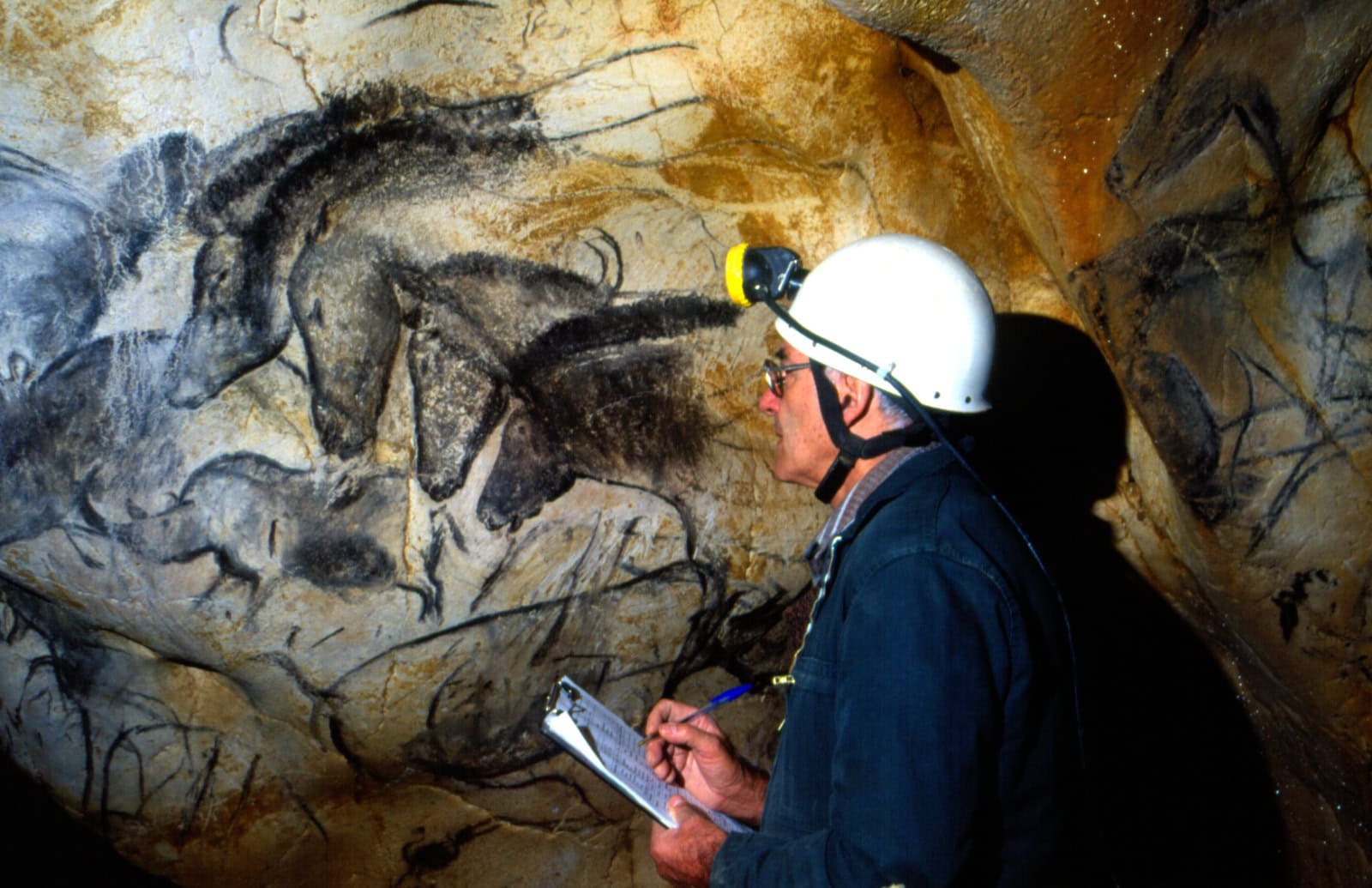
Researchers say modern humans in the area did not see the ritualistic purpose of painting on cave walls, unlike their European counterparts.
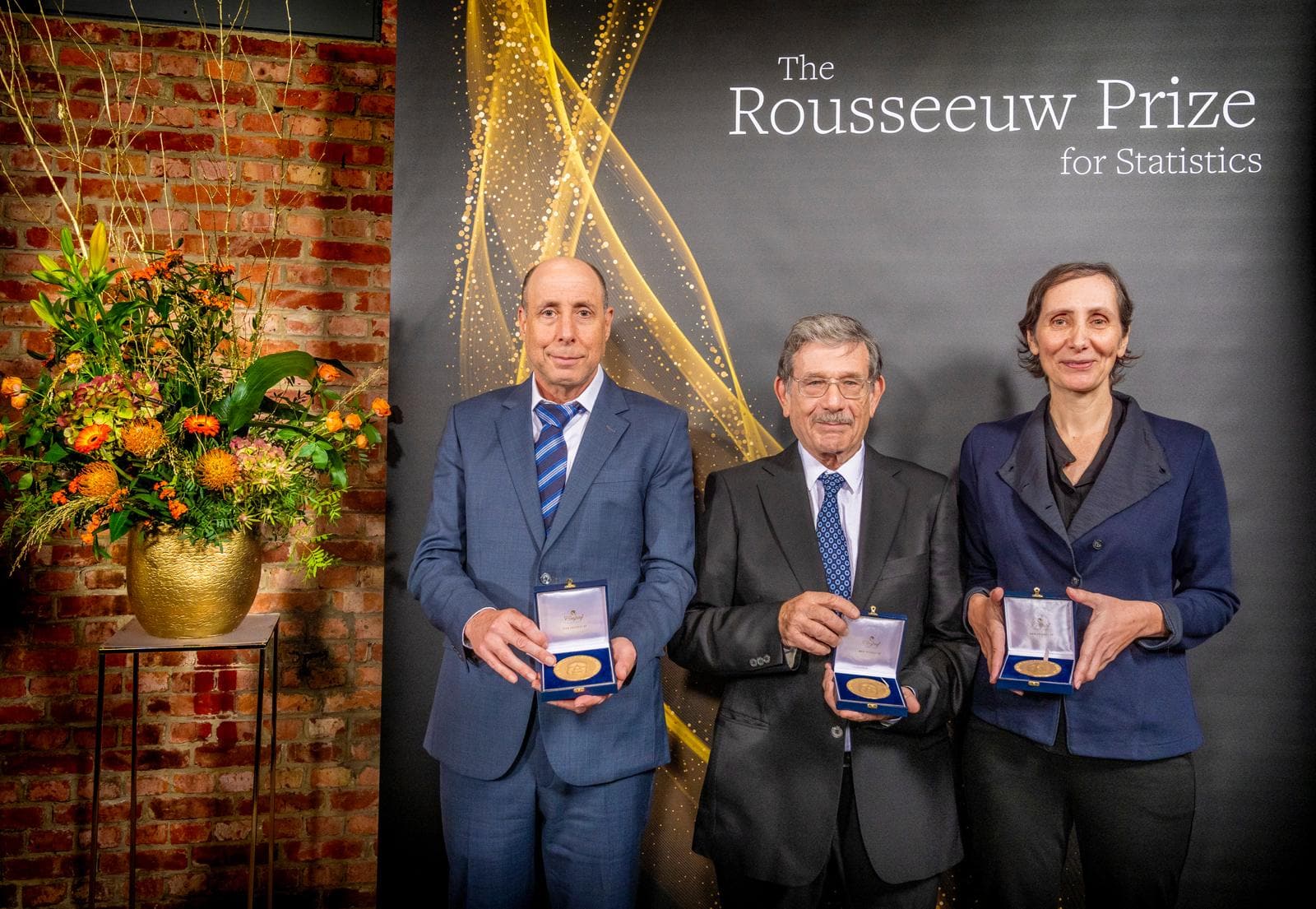
The Rousseeuw Prize, awarded by the King Baudouin Foundation, recognizes outstanding contributions in statistics that impact science and society.
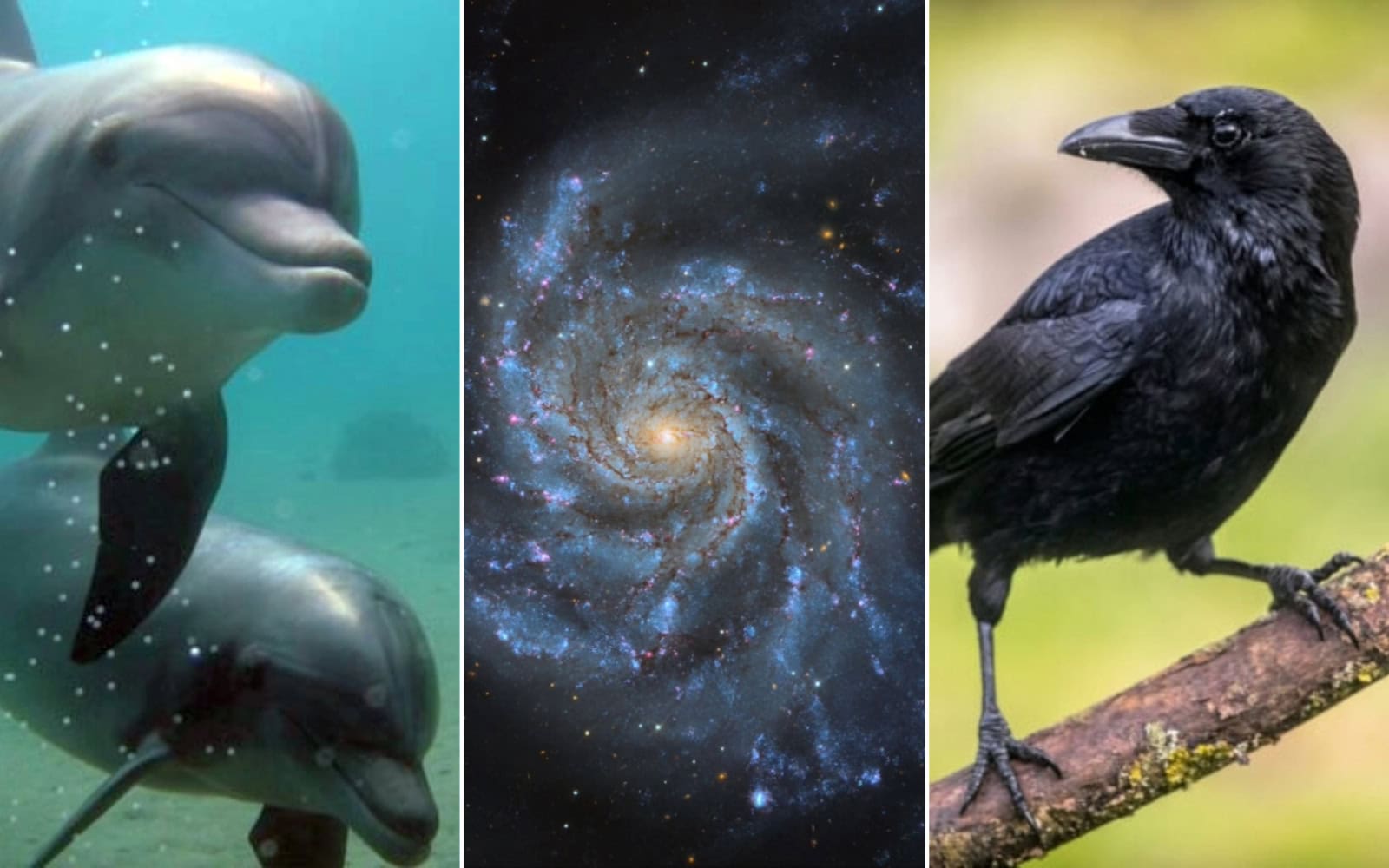
Take a look at these groundbreaking discoveries by Israeli researchers that are shaping our understanding of the world and its complexities.

Prof. Hagit Messer-Yaron’s research uses commercial cellular networks to monitor weather phenomena.
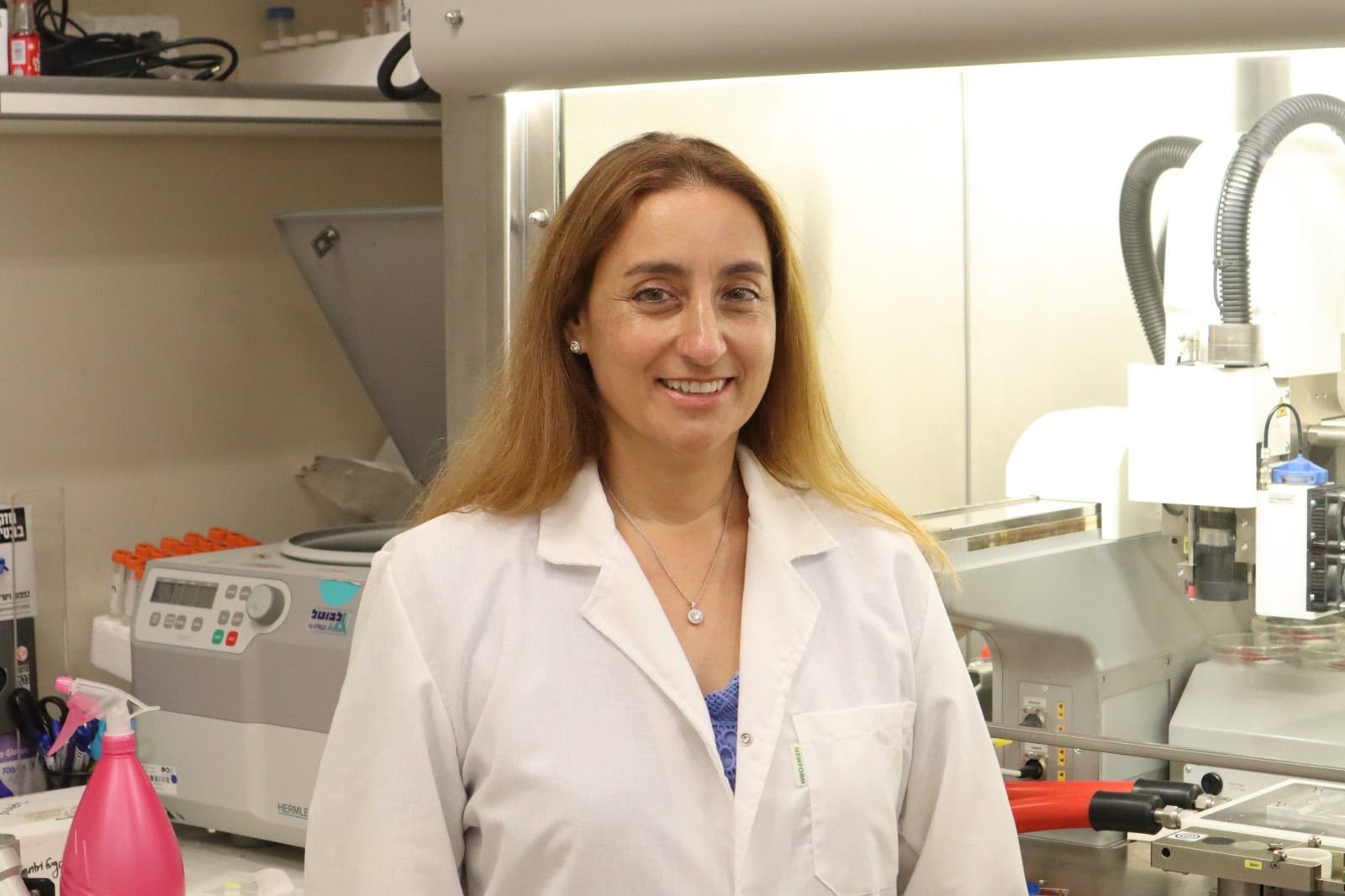
Needle-free nano-vaccine, cheap to produce, requires no refrigeration and is administered as nasal spray, making it accessible to developing nations.

Researchers find that hornets have several copies of the gene responsible for producing the enzyme that breaks down alcohol.
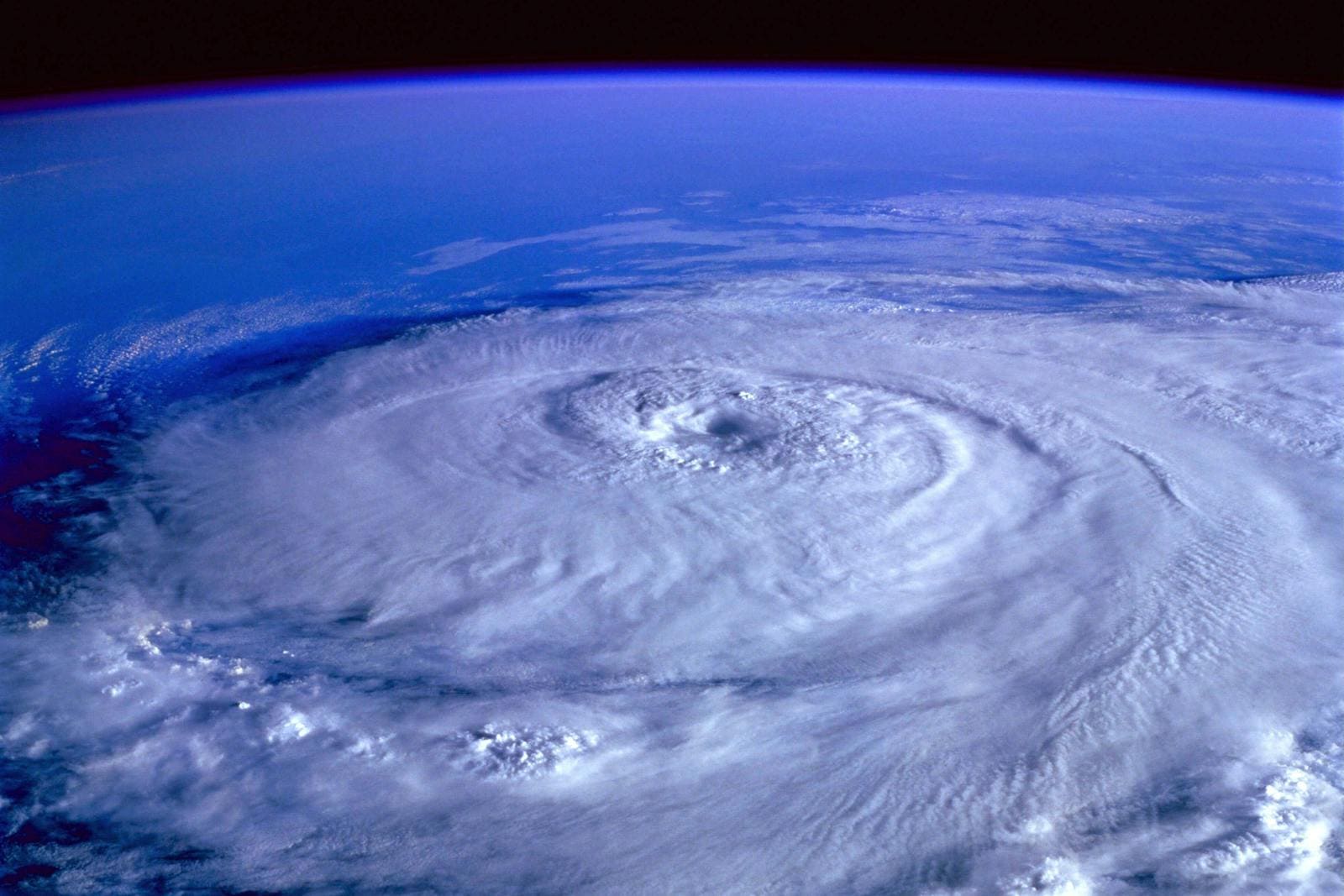
Israeli climate expert warns that warmer oceans mean fiercer storms in the future and explains why the insurance industry should be first line advocates in the fight against climate change.